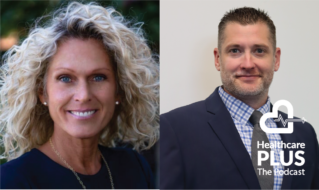Our platform and diagnostic tool helps organizations identify top priority areas for coaching and development. The framework assesses six key, interrelated components of an organization and offers tools and techniques to maximize resources and increase employee engagement based on your unique needs.
We all have moments of clarity, those times when something we may not have been aware of becomes noticeably clear to us. A few of these came to mind over the past several weeks. One is around how we think about deliverables. Employee engagement is a topic most organizations focus on. It shows up in goals. Yet, is engagement the goal, or…



